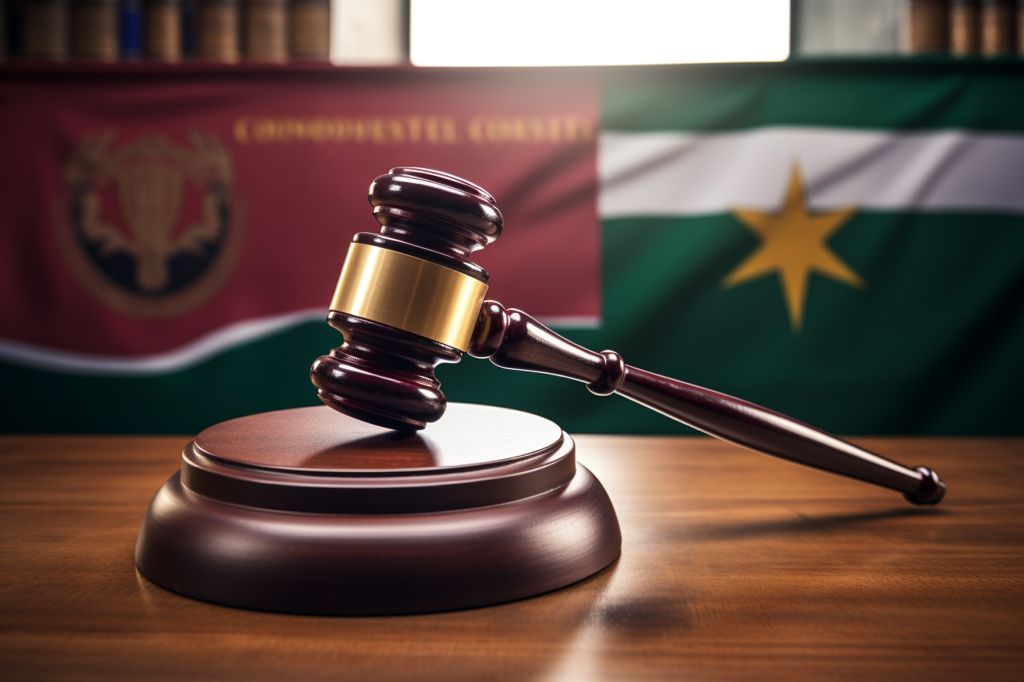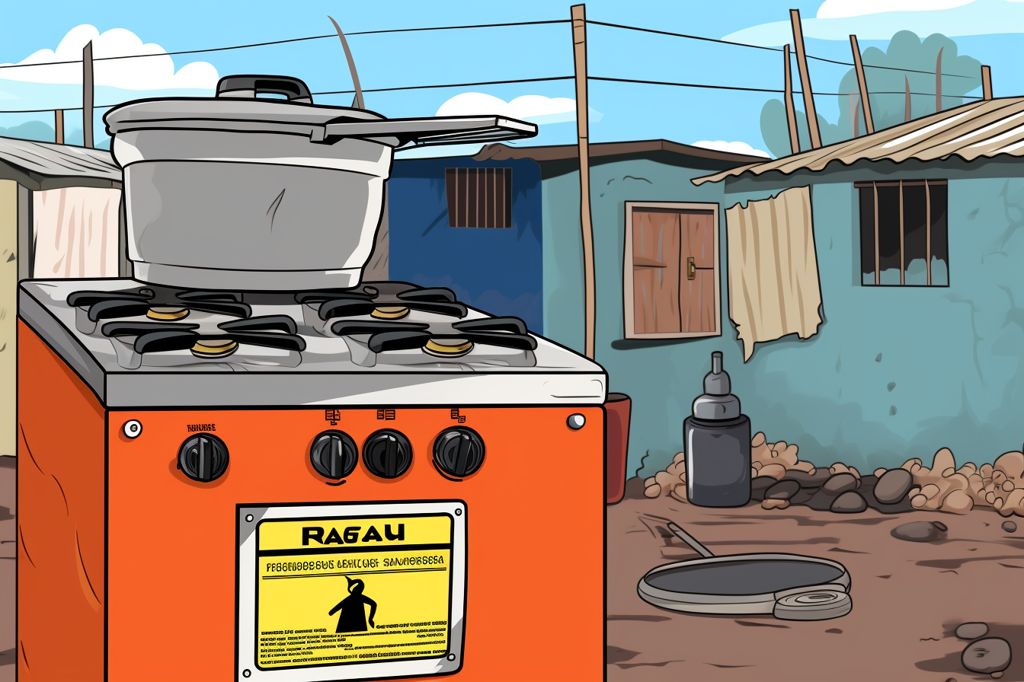South Africa’s President Cyril Ramaphosa commends the Johannesburg High Court’s recent decision to dismiss the private prosecution initiated by outgoing President Jacob Zuma. The ruling is significant in South Africa’s legal history as it reinforces the principles of due process and adherence to the rule of law.
Upholding Justice and Impartiality
President Ramaphosa has consistently maintained that Zuma’s private prosecution violated the principles of legality and constitutionality. The court’s decision demonstrates the government’s commitment to upholding justice and ensuring an impartial legal system that works towards the best interests of all citizens.
The Broader Context and Significance
The private prosecution had raised questions about power dynamics between past and present leaders, emphasizing the significance of a transparent justice system in maintaining the integrity of governance and safeguarding citizens’ rights. South Africa’s historical and socio-political context further adds to the significance of the court’s ruling in navigating the delicate balance between preserving heritage and addressing apartheid’s legacies.
The Role of an Independent Judiciary
The court’s decision serves as a reminder of the importance of an independent judiciary in safeguarding democracy, irrespective of political affiliation or social standing. Furthermore, the role of the media in providing accurate and unbiased reporting is critical in fostering informed public discourse and ensuring citizens have the knowledge to make well-informed decisions.
Implications and the Road Ahead
The Zuma private prosecution case underlines the judiciary’s power in promoting social justice and transparency in governance. The ruling highlights the need for ethical governance and responsible leadership. As South Africa continues its progress towards a just and equitable society, all stakeholders must work collectively to ensure that the rule of law and an independent judiciary remain integral to the nation’s development.








